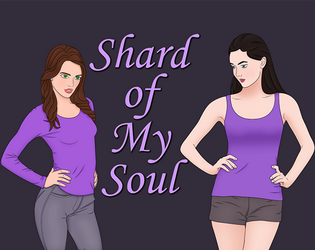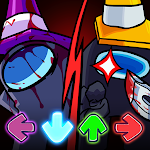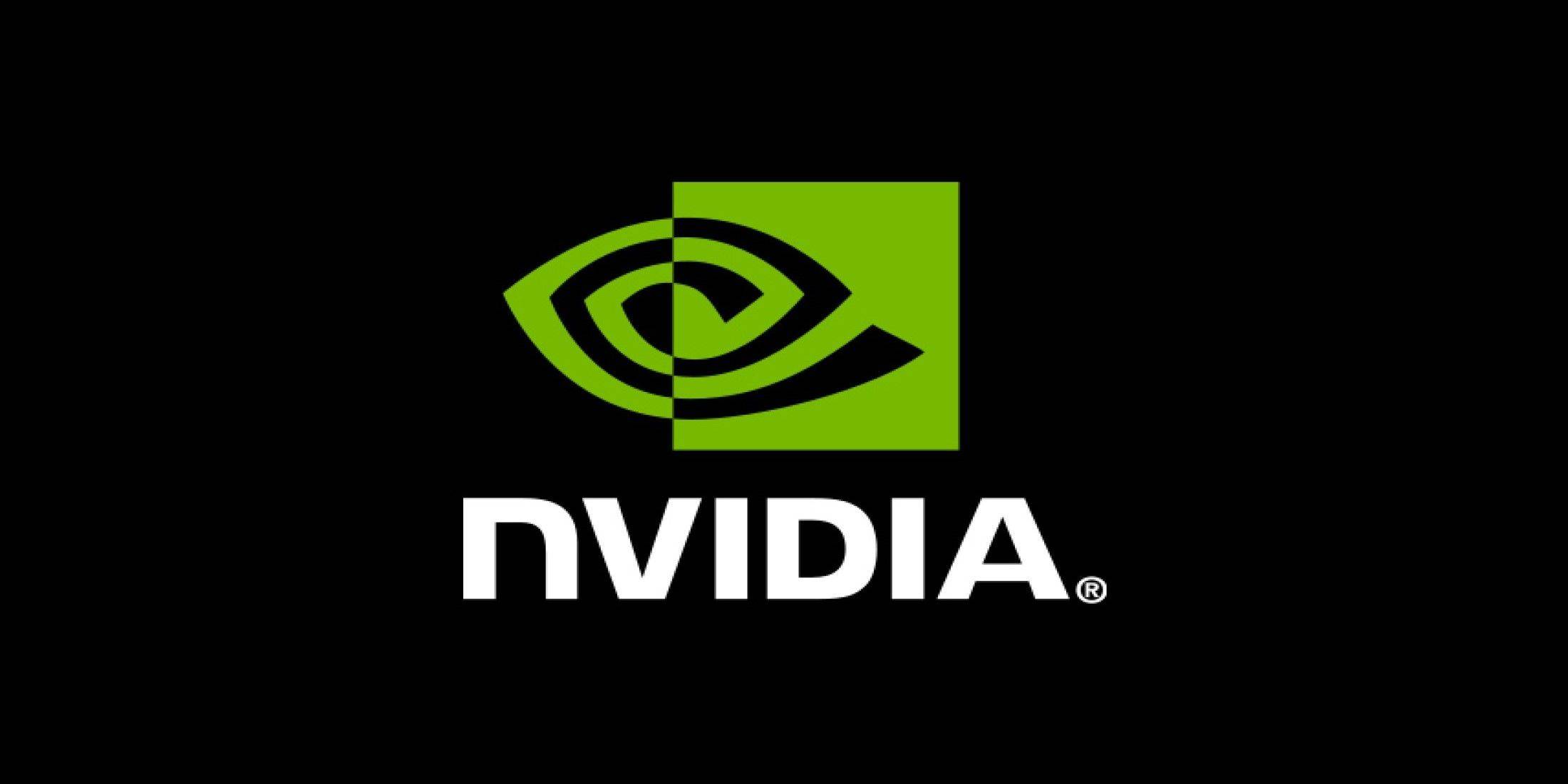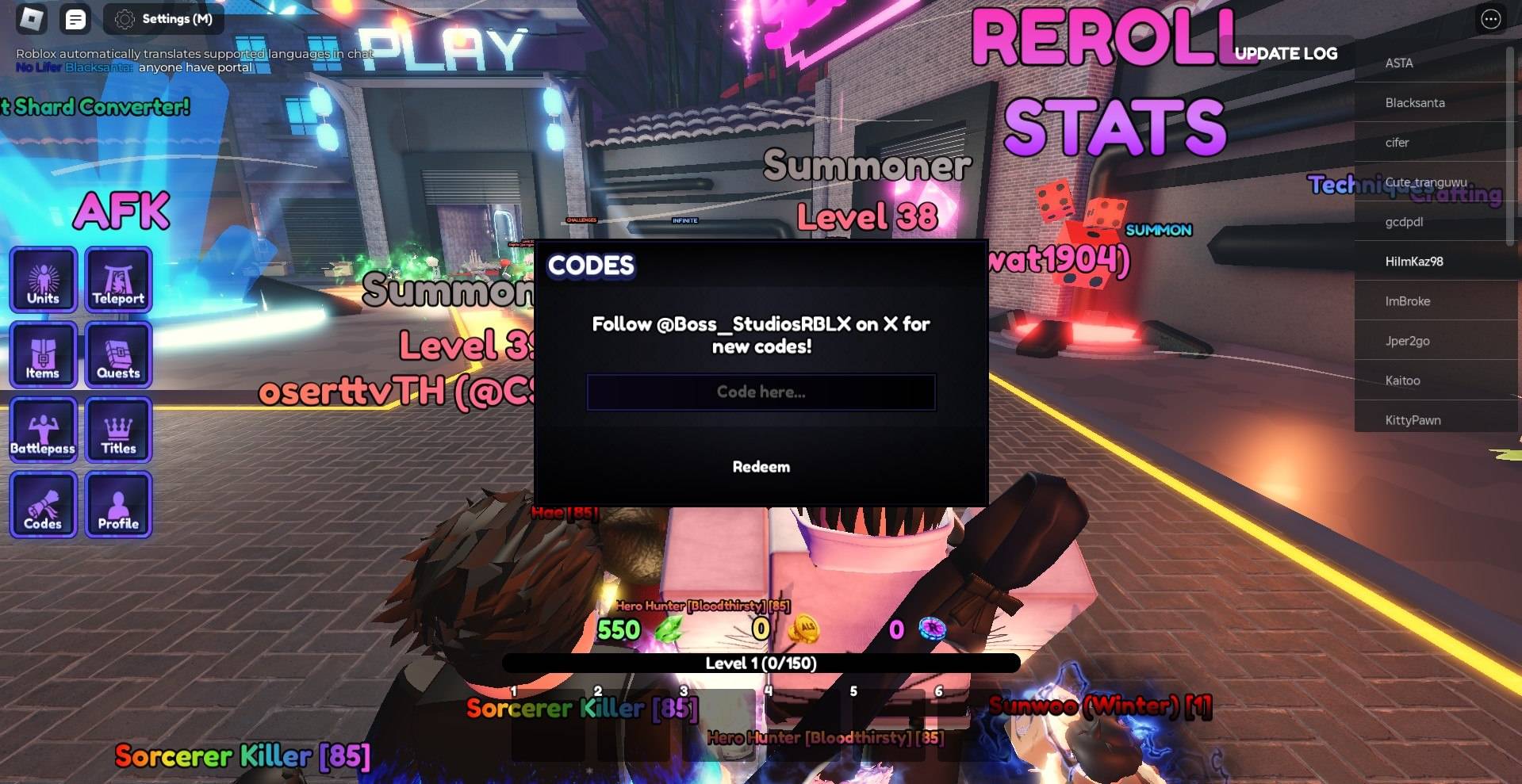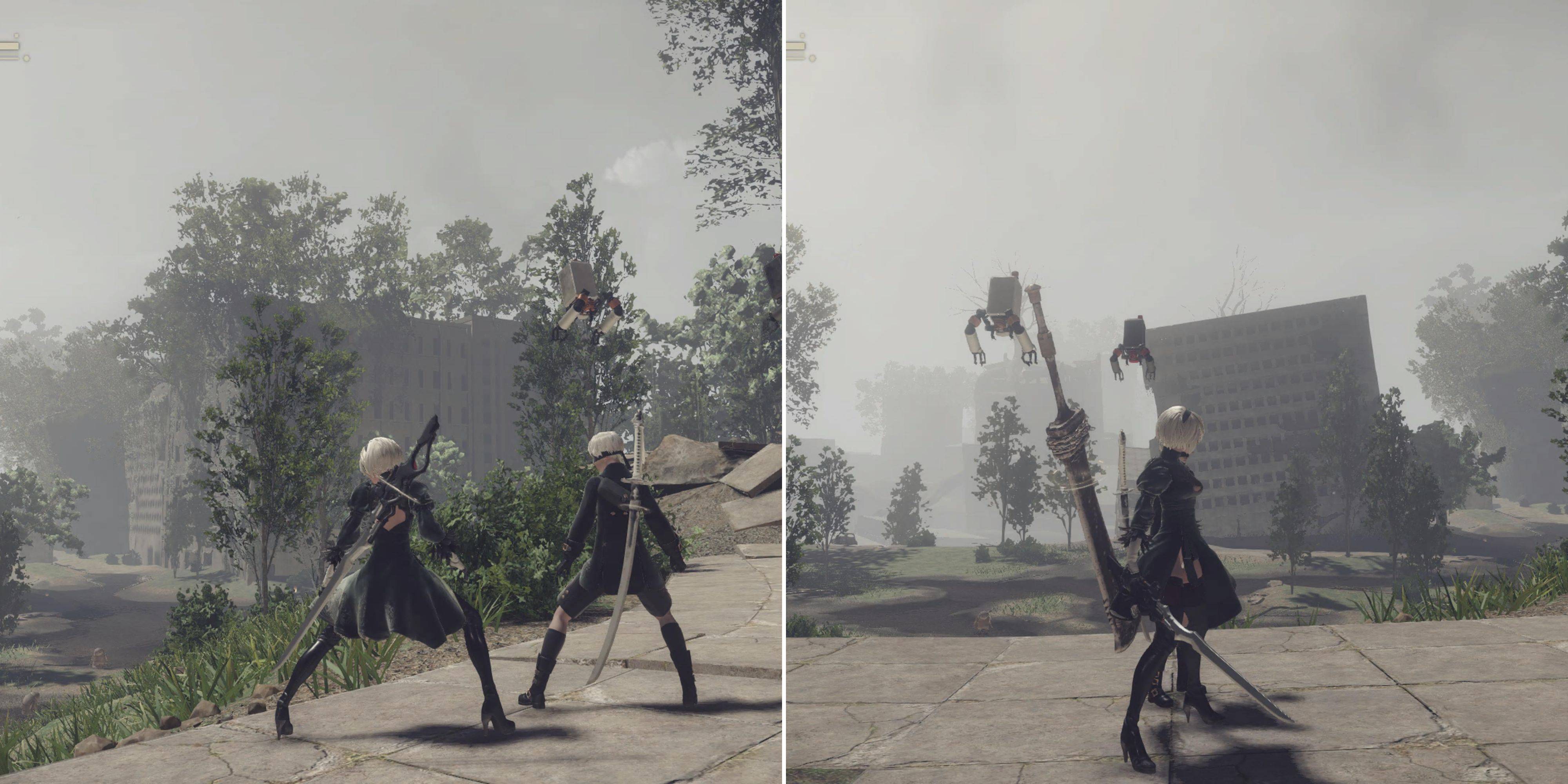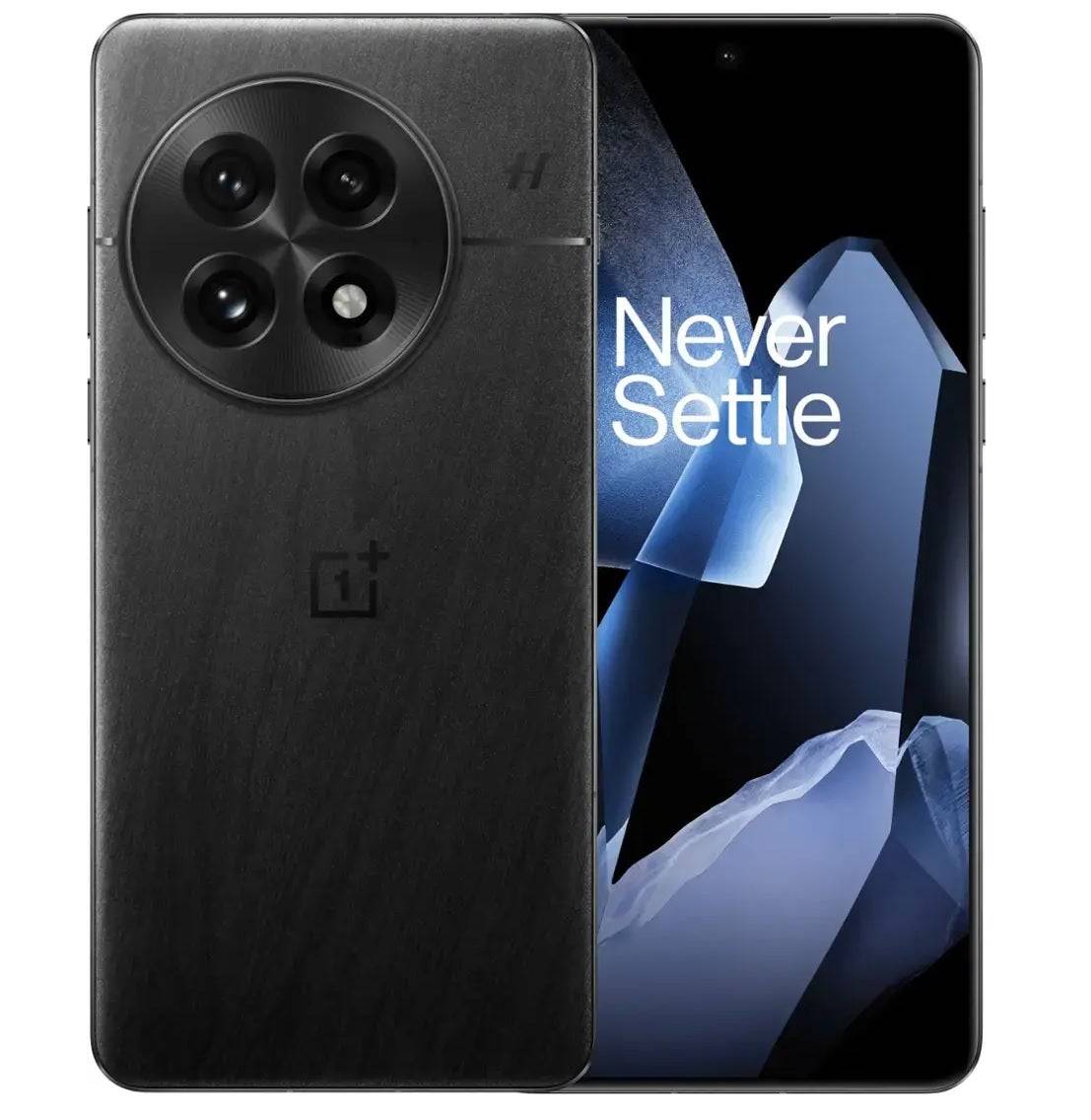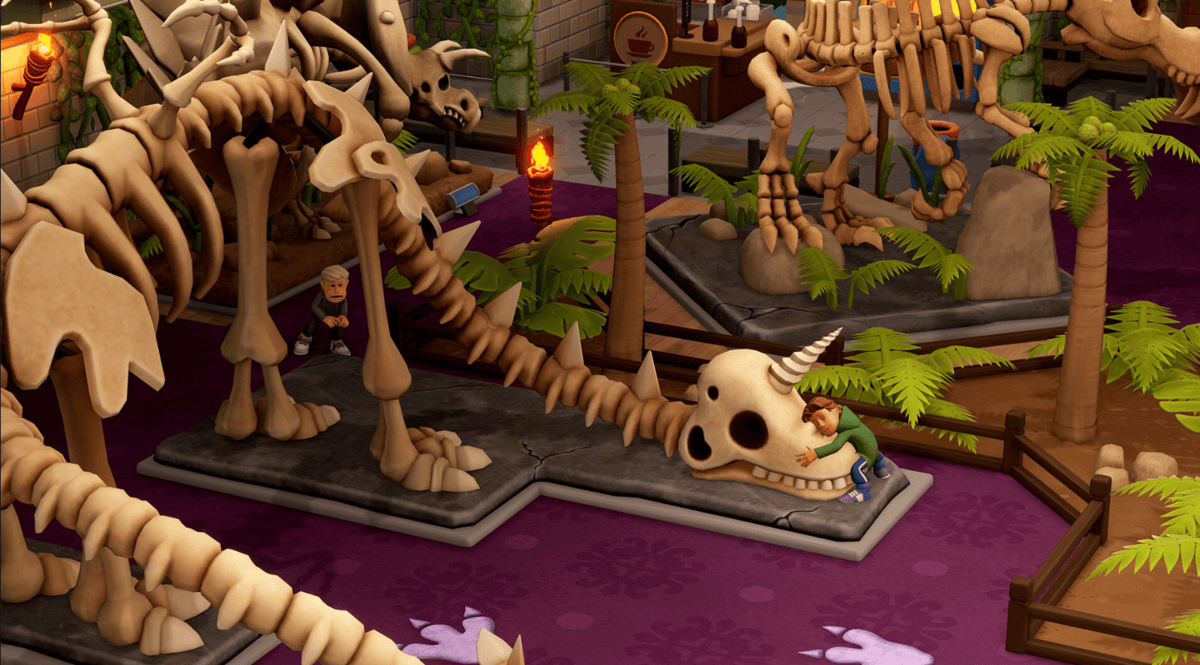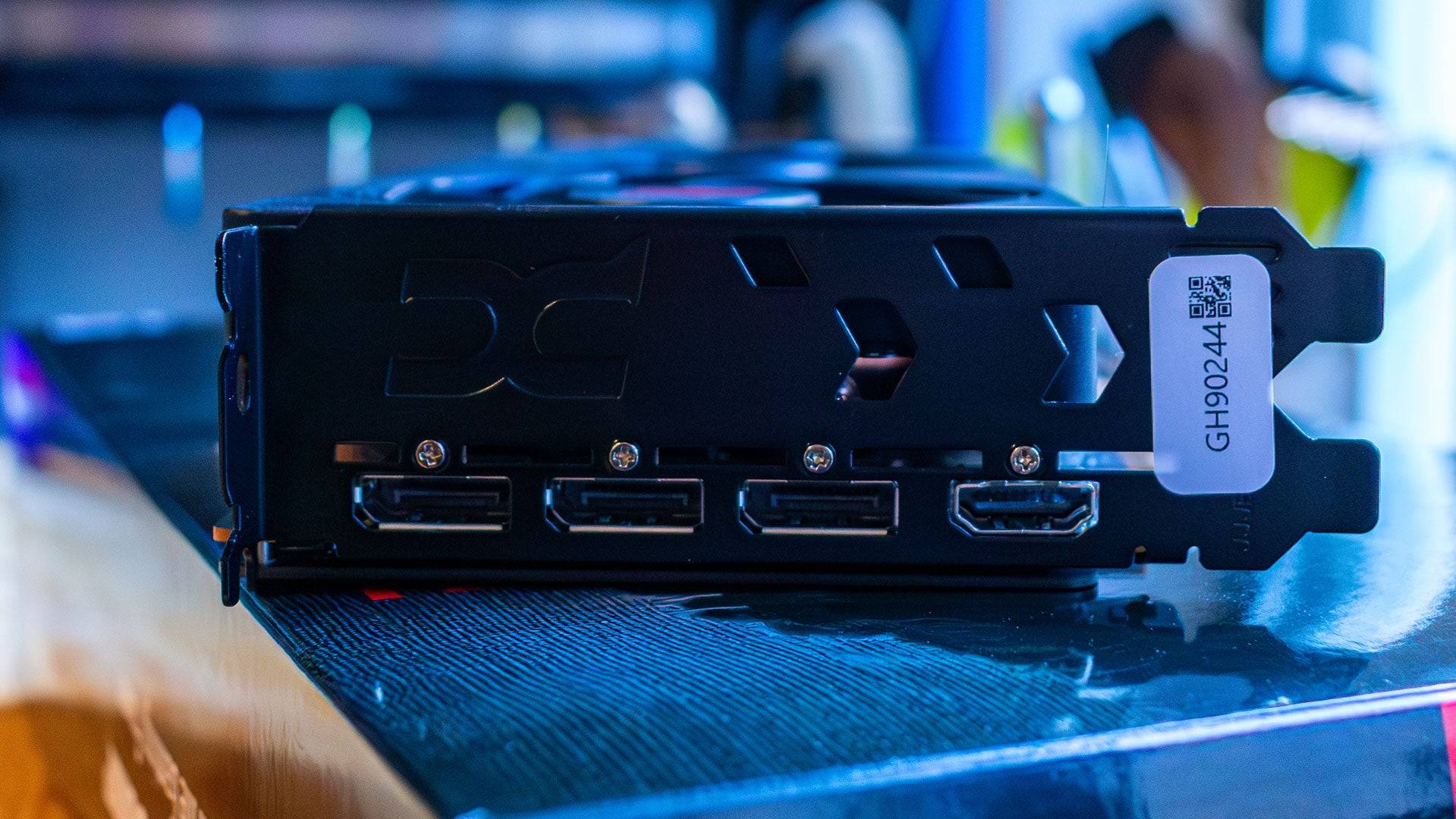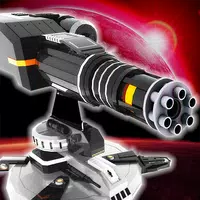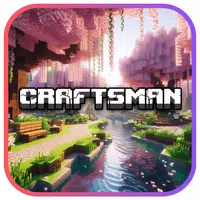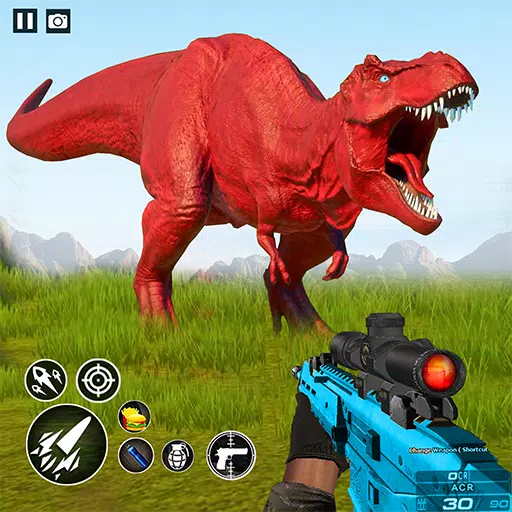Unveiling Meta-Horror: A Distinctive Subgenre Explored
The evolution of horror games presents a fascinating challenge: how to consistently generate tension and fear in a genre where familiar mechanics become predictable. While innovative horror games occasionally emerge, they remain rare gems. This article explores a specific subgenre, "meta-horror," which leverages a powerful technique: breaking the fourth wall. This involves the game directly interacting not just with its fictional world and characters, but also with the player themselves, creating truly unforgettable experiences.
Meta-horror isn't a newly coined term; it's a descriptive label for games that utilize this fourth-wall-breaking approach to enhance the horror experience. The impact is often one of intrigue and astonishment. A prime early example is Psycho Mantis from Metal Gear Solid, which famously prompted players to put down their controllers. While commonplace now, this was revolutionary in 1998, showcasing Kojima's innovative use of the DualShock controller and console capabilities to heighten tension and surprise.
This technique has since been adopted by games such as Deadpool, Detroit: Become Human, and Nier: Automata. However, many games only use superficial fourth-wall breaks, lacking the deeper integration that elevates the experience beyond a mere gimmick. True meta-horror goes beyond simple player address; it utilizes the interaction to fundamentally shape the gameplay and narrative.
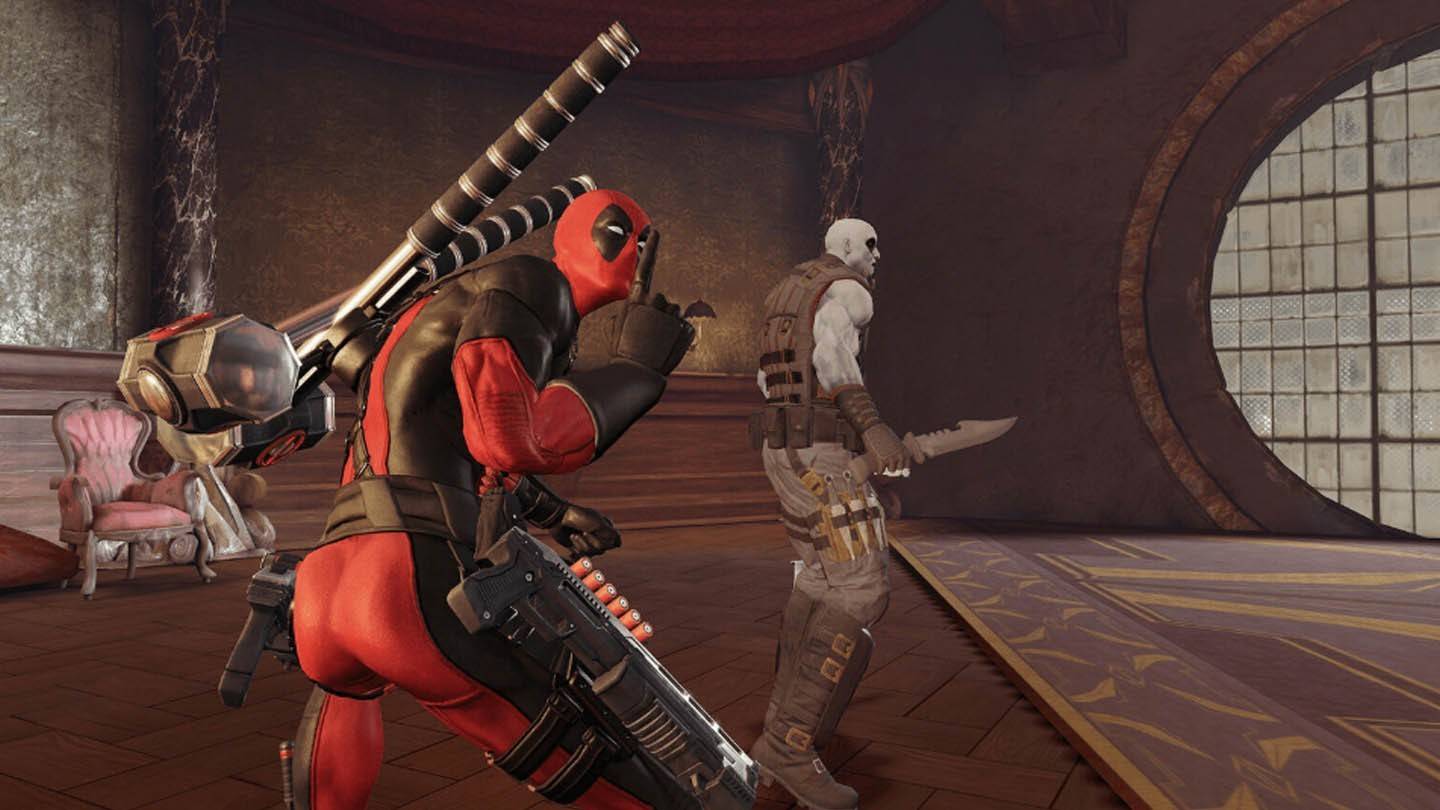 Image: reddit.com
Image: reddit.com
Miside, a recent release, is often categorized as having "elements of meta-horror," although its implementation is arguably limited to player interaction within a complex "game within a game" structure. This deserves further exploration in a future discussion.
Let's delve into some standout examples of meta-horror:
Table of Contents:
- Doki Doki Literature Club!
- OneShot
- IMSCARED
- Conclusion
Doki Doki Literature Club!
 Image: reddit.com
Image: reddit.com
Initially appearing as a charming visual novel, Doki Doki Literature Club! (DDLC) takes a decidedly dark turn, showcasing true meta-horror elements. The game interacts with the player beyond simple address, accessing the operating system username and creating files that impact both the narrative and gameplay. This innovative approach, while not entirely unprecedented, solidified DDLC's place as a significant title in the genre. Despite a lack of updates in recent years, it continues to captivate players and generate discussion.
OneShot
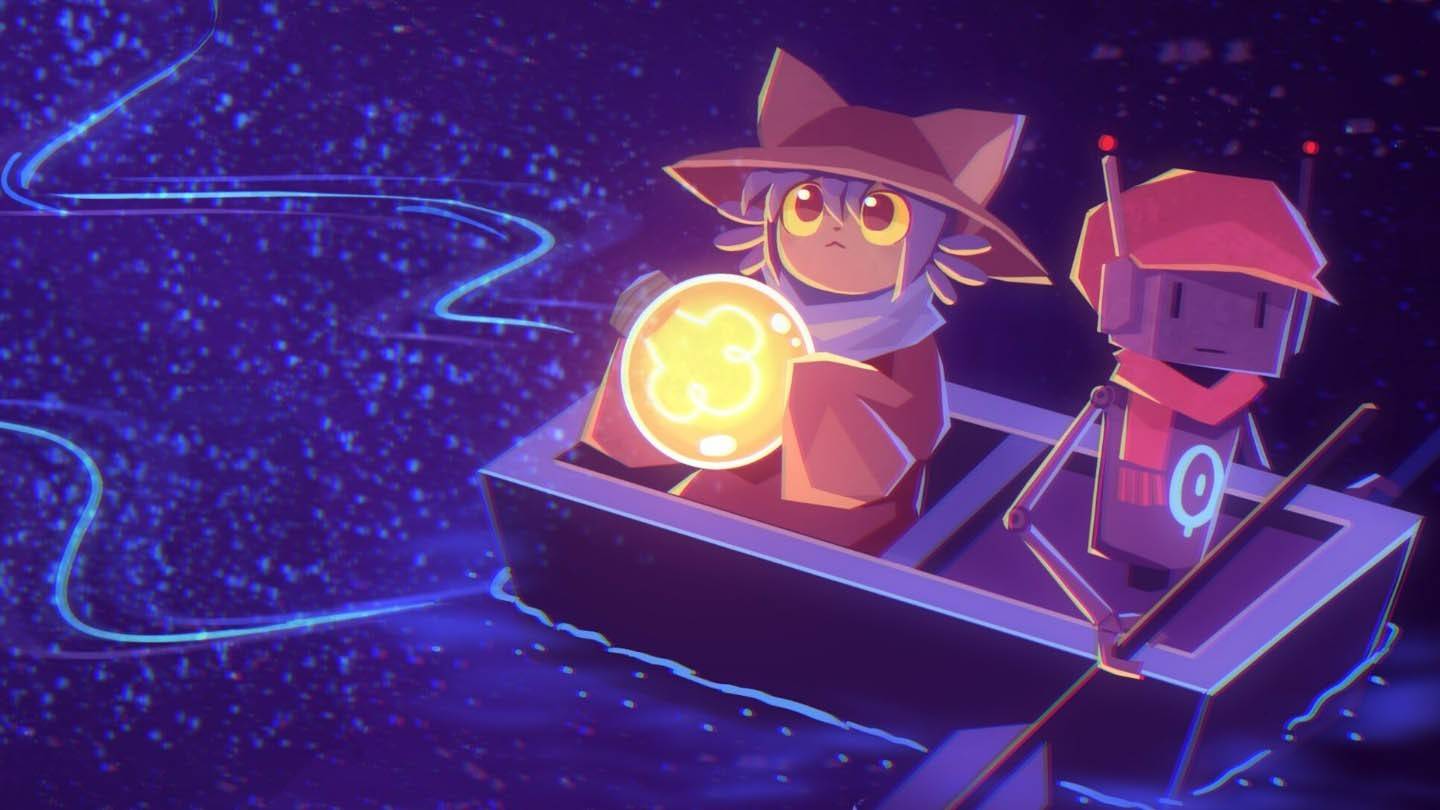 Image: reddit.com
Image: reddit.com
This RPG Maker adventure pushes the boundaries of meta-horror even further. While not marketed as a horror game, it incorporates unsettling elements. The game's awareness of the player is integral to its puzzle-solving mechanics, directly addressing the player through system windows, creating files, and dynamically altering its own title. Unlike DDLC, OneShot fully integrates these meta-elements into a cohesive and engaging experience.
IMSCARED
 Image: reddit.com
Image: reddit.com
IMSCARED is arguably the pinnacle of meta-horror. Its design is so innovative that it makes other examples seem like mere precursors. The game's interaction with the player's system – creating, deleting, and manipulating files – is not simply a mechanic, but a core element of its identity. It presents itself not as a game, but as a self-aware entity, a virus interacting with the player. This leads to moments of intense frustration (and exhilaration) through crashes, window minimizations, and cursor control.
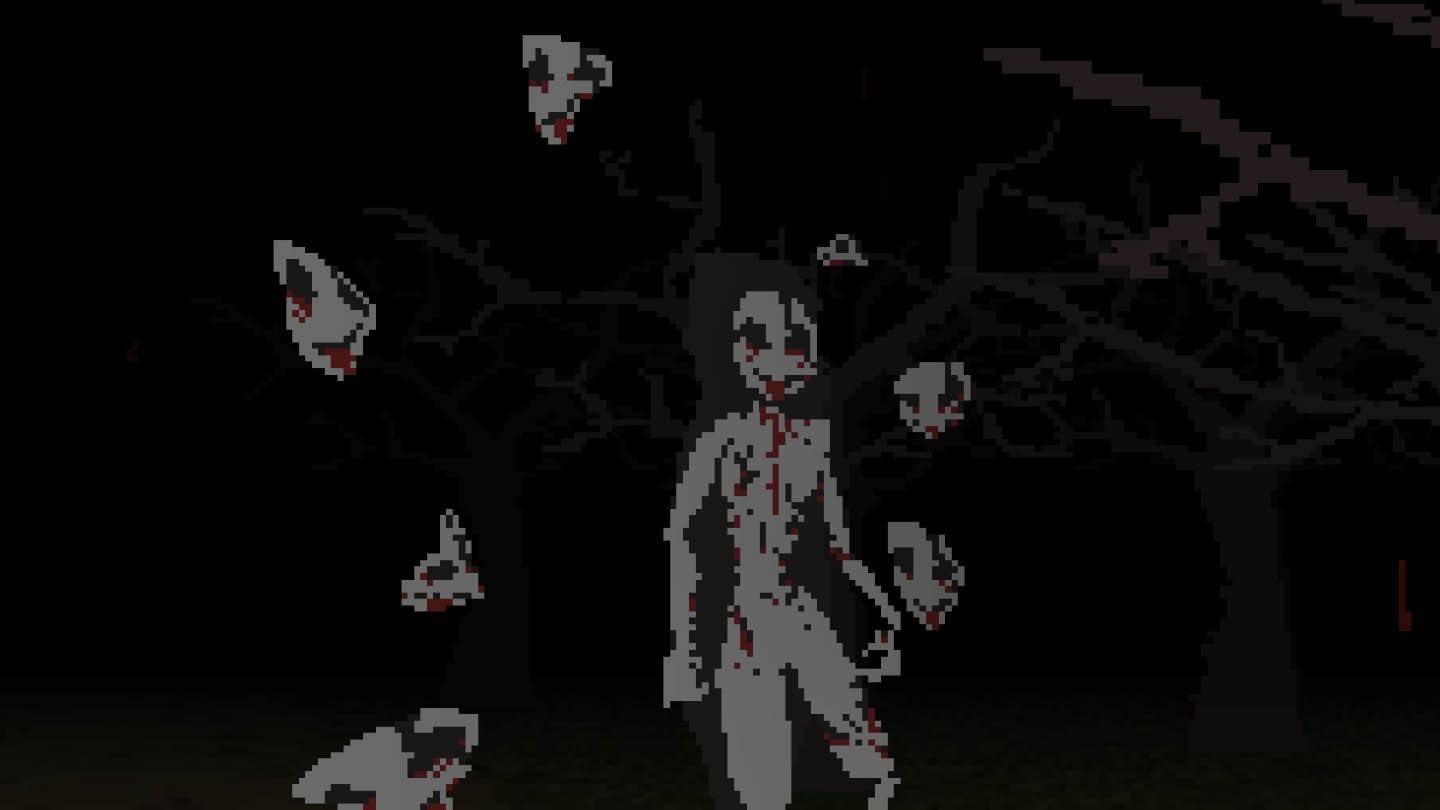 Image: reddit.com
Image: reddit.com
While some might perceive such games as potentially malicious, reputable meta-horror games are not dangerous. However, caution is always advised when encountering games that heavily interact with the operating system. IMSCARED, however, clearly communicates its actions and assures players of its harmless nature.
Conclusion
While many games utilize elements of fourth-wall breaking, few master the art of meta-horror as effectively as the titles discussed. The unique experience these games offer is highly recommended, particularly OneShot or IMSCARED for those seeking a more immersive and unsettling experience beyond visual novels. For players who enjoy unpredictable and survival-focused gameplay, Voices of the Void provides another compelling example within this evolving genre.
Latest Articles

![1xBet [Updated]](https://imgs.yx260.com/uploads/76/1719623227667f5e3be7616.jpg)


